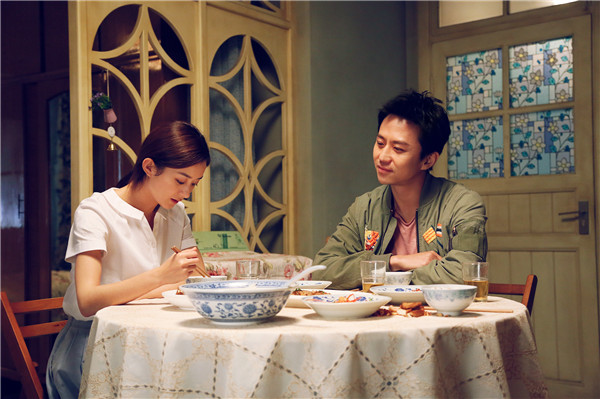 |
|
Actor Deng Chao and Zhao Liying in Han Han's second feature, Duckweed. [Photo provided to China Daily] |
Yuan Yun'er, a critic who works in Beijing, was surprised to find theaters in her hometown-Yidu, a small city in Hubei province-full of viewers every day during the holiday.
"Small-city viewers see watching movies as a part of the celebrations. They talk loudly or even make calls in the theaters, making it noisy but festive," she says.
Government statistics show that at the end of 2016, China had 8,817 theaters, up 22.4 percent year on year, making for a total of 41,179 screens, the most in the world. And most of the new constructions have occurred in third- and fourth-tier cities.
Separately, despite the promising box-office figures from the holiday period, there is skepticism about the numbers because of subsidized tickets, a reference to those booked online.
These tickets, which can cost as little as 9.9 yuan-a ticket in Beijing costs more than 30 yuan-re-emerged during the festival.
Such ticketing practices were previously common but have been waning since last year.
Though the price difference was borne by investors or Internet retailers to attract audiences, many analysts criticize the practice for distorting the market.
Besides, the country's movie regulator recently began including online booking fees, ranging from 3 to 5 yuan per ticket, in the box-office takings.